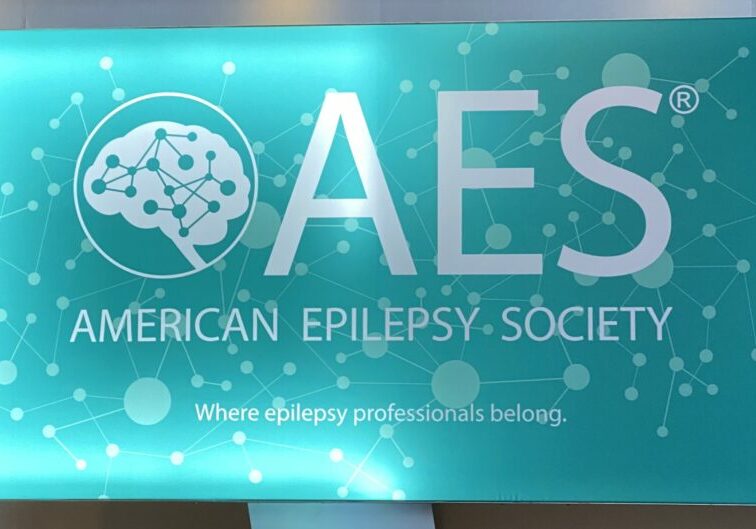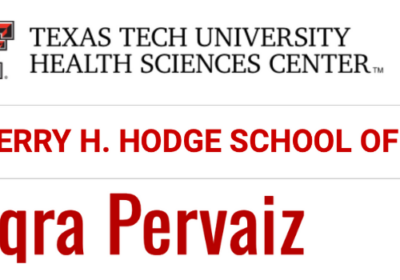Dr. Juan Pascual: NIH Team Science and Move to Weill Cornell

Hello everyone and welcome to Science with Sandra!
We have had a busy and great start of the year in our community. On Saturday January 20th we had a parent zoom meeting with Dr. Juan Pascual as our special guest! Below you will find a brief summary of the meeting.
We had about 60 participants in the meeting and it was a special opportunity to hear Dr. Pascual share information about his move to Weill Cornell Medicine in New York City as well as the Team Science grant that he and a group of wonderful researchers recently obtained from the NIH.
Dr. Pascual shared that he began working on GLUT1 Deficiency in 1995 and that he has been in Texas since 2006. He got a great opportunity to move to New York City where he will be working at Weill Cornell Medicine starting in March. He will be located in the Upper East Side of Manhattan in a very large medical complex and have a research lab.
He will continue to see children and adult patients in New York, but this will take a few months while he transitions and puts a team in place that will allow him to see as many patients as possible. Once he is able to start seeing patients and scheduling appointments, he will let us know so we can share that with the community. He anticipates that he will continue seeing patients at his clinic for specialty visits, but he encourages families to also rely on local neurologists to follow patients for routine care on a regular basis.
He also mentioned that medical records from patients who were seen at his clinic at UT Southwestern can be electronically accessed from Weill Cornell Medicine. However, there might be some records from some patients that will not be accessible because parents might not have consented to transfer records to other institutions when their loved ones with GLUT1 were first seen by Dr. Pascual. In that case, parents would need to call the clinic to consent to the records’ transfer. No one other than patients or parents is authorized to verify if the consent exists. This is the process for verification that the electronic medical record is accessible to other facilities:
· Patients seen at Children’s Medical Center Dallas (mostly children) should call 214-456-2509 to ensure that their electronic medical record (named EPIC) is directly accessible to all other facilities that use EPIC. Sharing with a particular facility cannot be requested, but Weill Cornell Medicine is always included since it also uses EPIC. The electronic records connection between medical facilities is called EPIC Care Everywhere. Some patients have inadvertently opted out of this connection. Only patients can verify if this is the case and this should be done before they visit Weill Cornell Medicine.
· Patients seen at UT Southwestern (mostly adults) should call 469-914-9382 to ensure that their electronic medical record (named EPIC) is directly accessible to all other facilities that use EPIC. Sharing with a particular facility cannot be requested, but Weill Cornell Medicine is always included since it also uses EPIC. The electronic records connection between medical facilities is called EPIC Care Everywhere. Some patients have inadvertently opted out of this connection. Only patients can verify if this is the case and this should be done before they visit Weill Cornell Medicine.
One of Dr. Pascual’s goals in this new endeavor is to have a team of physicians with great expertise, who are scientifically minded, who will be trained in GLUT1 Deficiency care, and who will be able to see patients on a more regular basis. He would like to start engaging medical students from day 1 to prepare them to care for our loved ones.
Another goal of Dr. Pascual’s is to have a national organization of centers and physicians around GLUT1 Deficiency. The goal is to bring more innovative ideas and projects that are aimed at developing new treatments for GLUT1 Deficiency.
Regarding the Team Science grant, he shared that it is a 5-year grant by the NIH with the goal to take GLUT1 Deficiency studies from mice to humans. Some of the researchers involved in this grant include researchers from the University of Florida and UT Dallas. The grant proposal has a big mouse component, meaning, a big part of the grant focuses on studies in mice with or without GLUT1 Deficiency. There is also a human component where they will be performing studies using MRI to determine the effect of glucose in brain, as well as blood transfusion studies. The human studies will start after 2026. The grant details can be found here on the NIH website.
The importance of this grant is that it was developed to form a network of researchers working together as a team to have a better understanding of the disease. This grant allows them to bring the expertise of each team member to look at different aspects of the disease with different tools and expertise, and therefore move faster and in a more organized way to develop better treatments for GLUT1 Deficiency.
Finally, Dr. Pascual mentioned that it is possible he will get another grant from the NIH to do basic studies about movement control in mice. Those studies will ultimately help him to understand the movement disorders in GLUT1 Deficiency.
We are grateful to Dr. Pascual for participating in this meeting with our community and for sharing details about his new endeavor and plans for the future. We wish him the best of luck in this new stage in his professional career and we thank him for everything he does for our patients and families!
Thank you for reading the meeting’s summary and please do not hesitate to contact me if you have any questions at [email protected].



